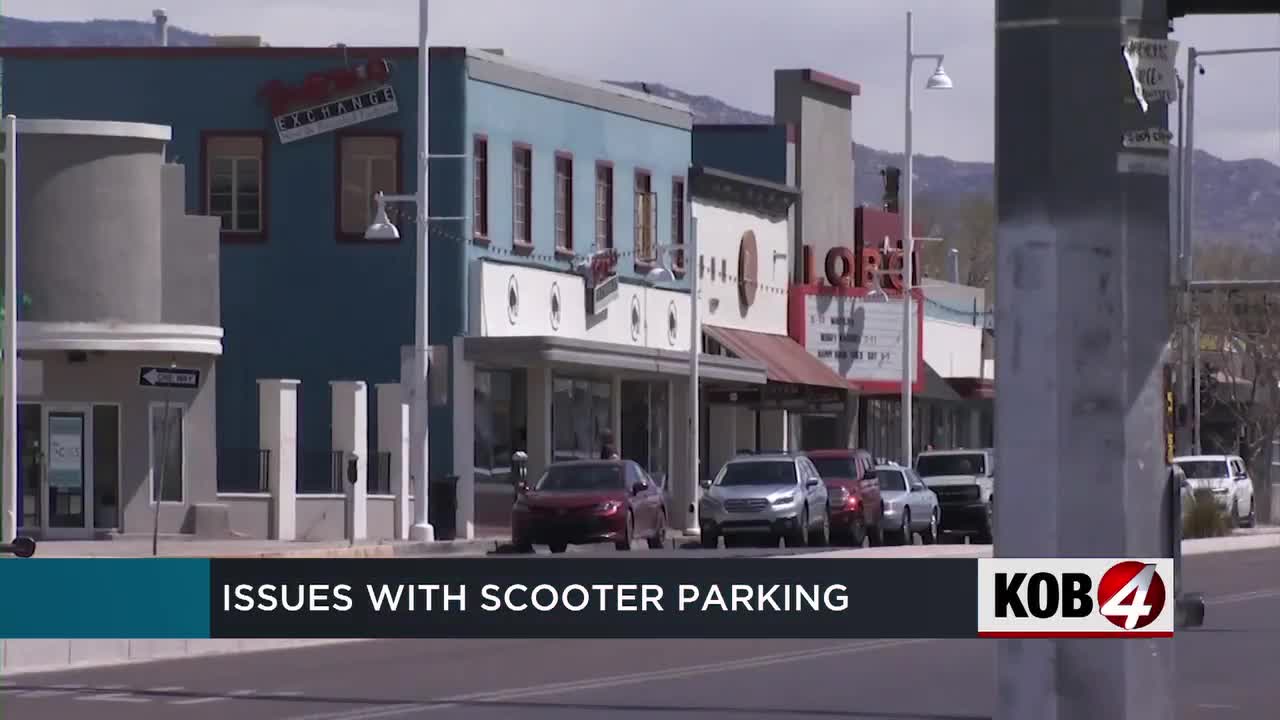Scooter Chaos: Nob Hill Businesses Cry Foul Over Reckless Parking Mayhem

Parking Pandemonium: Nob Hill Businesses Cry Foul as Parking Practices Disrupt Local Commerce
The City of Albuquerque is taking a stand against inconsiderate parking practices that are causing headaches for local business owners in the vibrant Nob Hill neighborhood. After receiving numerous complaints about riders who carelessly park their vehicles, city officials are urging residents and visitors to be more mindful of their parking habits.
Local merchants have expressed growing frustration with vehicles blocking driveways, occupying multiple spaces, and creating obstacles that impede customer access to their establishments. The city is now calling on community members to pause and consider the impact of their parking choices on small businesses and the overall neighborhood experience.
"Think before you park," is the clear message from city representatives, who emphasize the importance of respecting local businesses and maintaining the area's welcoming atmosphere. Riders are encouraged to use designated parking areas, follow posted signage, and be considerate of the limited parking resources in this bustling district.
By working together and showing a little extra consideration, residents and visitors can help preserve the unique character of Nob Hill and support the local businesses that make the neighborhood special.
